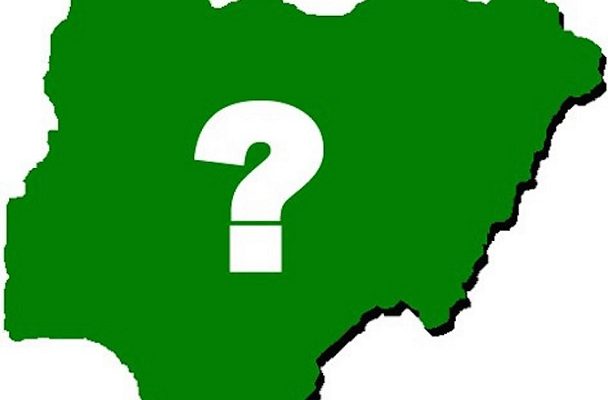Democracy Day in Nigeria is being celebrated on the 12th of June of every year. All thanks to President Muhammadu Buhari who, in his solidarity with the late Moshood Abiola popularly called MKO, changed the date from May 29 to June 12.
This day marks the transition of power from the military to a democratically-elected leader in 1999. However, the question now is, is the Nigeria today truly democratic when we still have cases of election rigging among other pitfalls confronting the polity?
It’s true and logical to say no democracy in the world is 100% perfect, but I would rather subscribe to the school of thought that advocate better governance in place of political tyranny.
Reflecting on the life and time of the late MKO, it is crystal clear that the Democracy being practiced in this regime is in no way comparable with what obtained in the 1993 election, an event many observers have described as the most significant in Nigeria’s post-independence political history.
It is still viewed as the freest, fairest and most peaceful election ever held in Nigeria. The 1993 election reflects the true form of democracy Nigeria ever had, as an estimated 14 million Nigerians – irrespective of ethnic, religious, class, and regional affiliations, (in a period when religious acrimony and tension had reached its zenith) – defied bad weather to elect their president with the hope of ending eight years of military dictatorships. What a democracy to behold!
If Nigeria must overcome its present political quagmire, I think it’s high time we reflected on the good of the 1993 political dispensation and make do with the tenets of the true democracy it brought to bear.
For instance, the country has witnessed a lot of violations of human rights in recent times as a result of the present regime that sees criticisms as destructive. It frowns every form of protest by the people.
There is no government in any democratic clime in the world that is greater than the mandate of the people who elected her into power. No wonder, Abraham Lincoln viewed Democracy as “people-oriented” concept as against the “cabal-oriented” system being practiced in Nigeria today.
Going forward, government should ensure there is room for political participation by ALL the citizens (irrespective of party or ethnic affiliation) if the renaming of Democracy Day after the great democrat, MKO, would be more worthy of emulation by Nigerians.
There is no sense in renaming a day after someone who left a great legacy after many years of witnessing Military rule when our leaders still find it difficult to live his (MKO) exemplary lifestyle.
It’s high time the Nigerian leaders took lessons from the qualities of the late MKO and stop giving room for people to doubt their capacities.
Nigerians deserve a better democracy. They want a government that is ready to listen to their plights and not the one blaming its failure for the mistakes of the past administrations.
The country has experienced a lot of setbacks in the past and should not be taken aback to the ugly days of disarray.
We crave for a democracy that is based on good governance and not pretense; a democracy that embraces the majority opinion and not the one ruled by the minority (cabal); A democracy that respects the rule of law, sees people as the government and not vise-versa. Until we have all these aforementioned, Nigeria may remain undemocratic regime among community of democratic states in the world.
– Arogbonlo Israel, a good governance advocate, writes from Lagos




